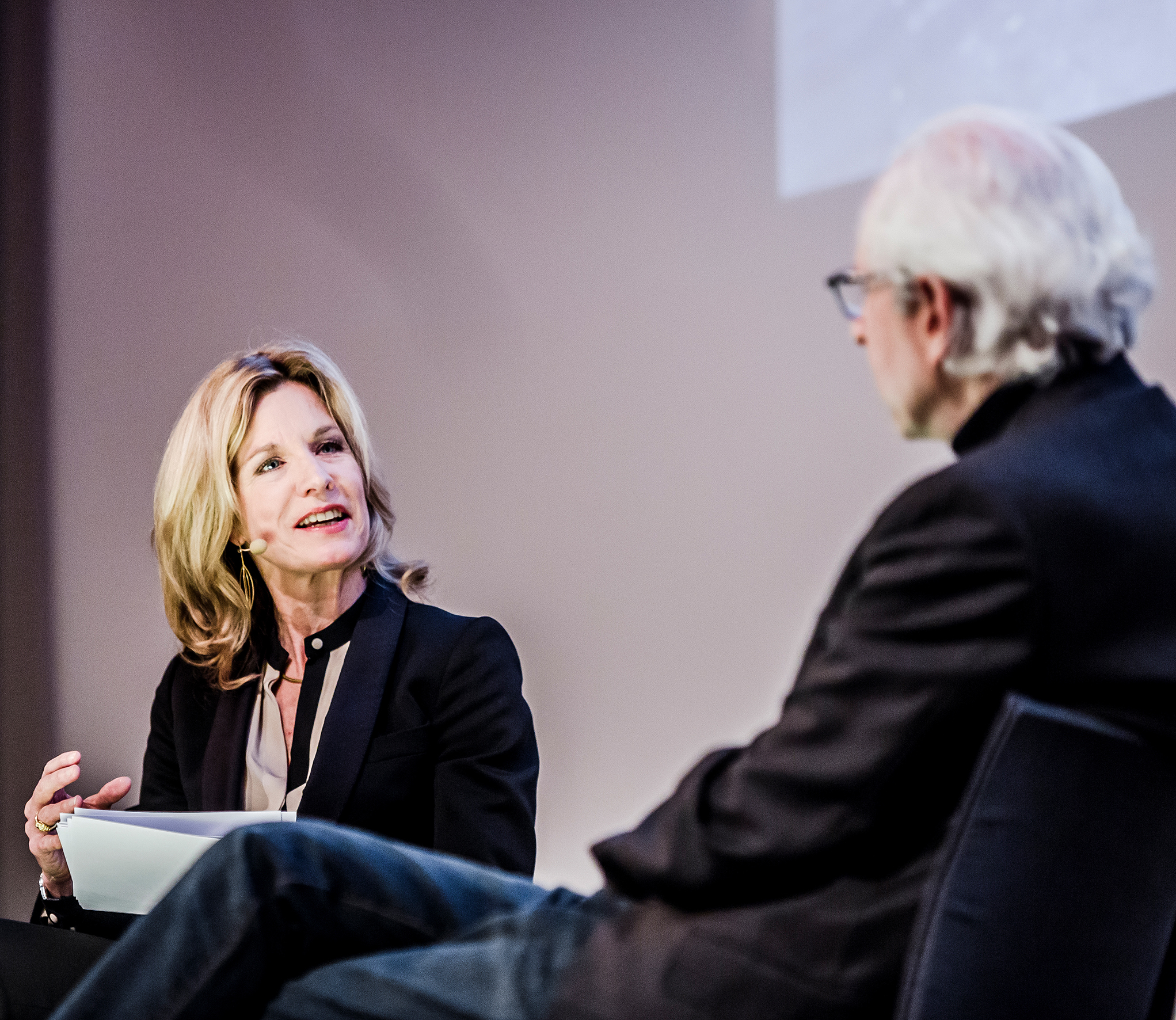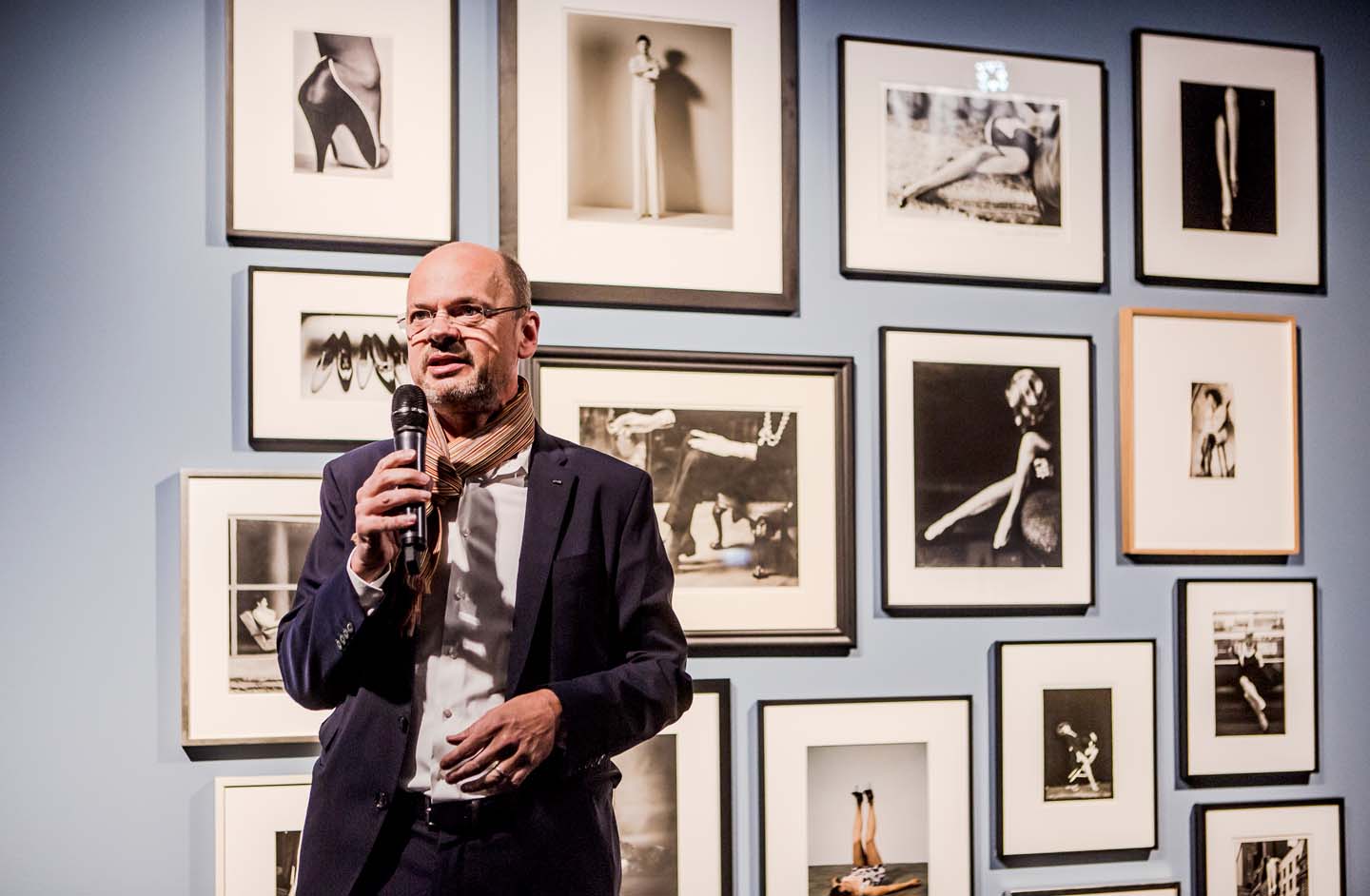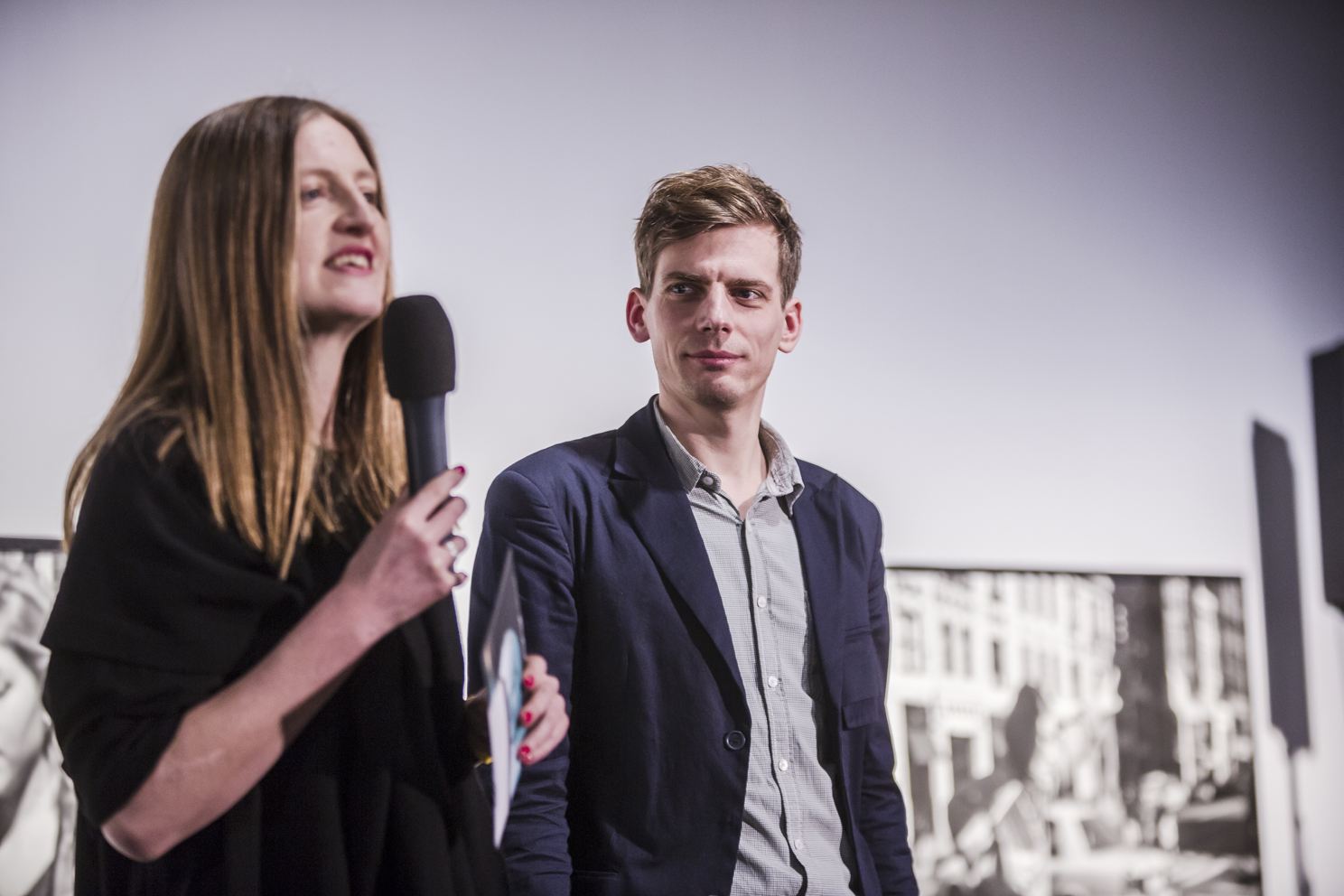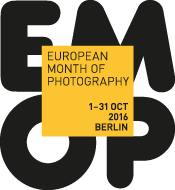Panels & Talks
>> C/O Berlin, Hardenbergstr. 19, 10623 Berlin
>> Fri Sept 30 - Sun Oct 2
>> Free admission
Friday SEPT 30, 12-7 pm

12 pm PANEL (English)
JOURNALISTIC PRACTICES AND CODICES
Whether for television, internet or print, editors sift and filter through a vast amount of images ever y day. And not only the media experts publish them: Every one of us can become a broadcaster using blogs, forums, and social media. Which ethical guidelines exist for journalists, image editors and indeed anyone who produces publicity and uses it? Which kinds of content are allowed to be distributed? What kind of durability do images possess? And which role is played by voyeurism, personality
rights and a sociopolitical obligation to provide information?
Jakob Augstein, Publisher, der Freitag
Christoph Bangert, Photographer
Lucy Conticello, Chief Picture Editor, Le Monde
Moderation: Katrin Sandmann, Journalist
Biographies
2 pm PANEL (German)
THE OMNIPOTENCE OF THE ALGORITHM?
The Internet is a vast, virtual space in which photographs are not physically tangible. According to some estimates, 10 percent of all photos ever taken worldwide were taken in the last twelve months—and there’s strong evidence that this rhythm will quicken. Algorithms help individual searches. But how is automatically selecting and editing images at all possible? Who or what makes decisions about relevance and quality—a program that automatically scans the images, or the community
with their likes?
Estelle Blaschke, Art Historian
Simon Karlstetter, Publisher, Der Greif
Severin Matusek, Photographer, EyeEm
Anika Meier, Art Critic, Monopol, FAZ
Michael Schulz, Photographer, Berlinstagram
Moderation: Daniel Finger, Journalist, rbb radioeins
Biographies
4 pm TALK (English)
ANNE DE VRIES / THOMAS SEELIG
Digital technologies fundamentally change all parts of life—even art. The post-media era arrived at this point long ago. The lines between classical forms of art are blurring, digital art is ever y where. Though the Dutch artist Anne de Vries continues to view photography as an essential part of his ar tistic practice, he also expands the medium with a diverse variety of materials, techniques, and methods. His imager y is heavily influenced by corporate branding, visual merchandising and stock photography. In discussion with Thomas Seelig, director of the Fotomusuem Winterthur, he debates new forms of art in the digital world.
6 pm PANEL (German)
DIGITAL UNIQUES IN ABUNDANCE
The photography market has been developing into a prospering sector for galleries and auction houses for years. For this special kind of art trade, originals and reproductions, limited editions and mass productions have always been a sensitive topic. How do collectors, artists, and dealers deal with the new possibilities of digital works? How do galleries and auction houses select material from the mass of available stock? Vintage or modern print—are new standards emerging?
Beate Gütschow, Artist
Simone Klein, Global Print Sales Director, Magnum Photos
Prof. Dr. Martin Roth, Director, Victoria und Albert Museum
Moderation: Elke Buhr, Editor-in-Chief, Monopol
Biographies
Saturday OCT 1, 12-7 pm

12 pm TALK (English)
PAUL GRAHAM / MARCEL FEIL
Paul Graham photographs insignificant traces of everyday life and combines them into quiet visual studies. He perceives the happenings around him as stagings of the here and now. As such, his sequences are not classic social documentaries but rather visual narratives in opulent colors, which he anchors in both large formats and presentations as well as in ar tistic photo books for museums. Paul Graham develops an associative, symbolic and concept-based imagery with diffuse lighting and blur effects. His experimental appetite for the develop ment of new aesthetic approaches and forms of presentation make him a significant photographer of the present day. Paul Graham will participate in a discussion about his artistic concept with Marcel
Feil, Deputy Director of FOAM in Amsterdam.
2 pm PANEL (English)
PRINT IS DEAD, LONG LIVE PRINT!
The photobook market is booming because all parties involved have successfully taken advantage of the digital technologies used in design, production, marketing, and distribution. Today, all photographers can become publishers—and there are plenty of them. The competition has also increased. Why do artists and photographers continue to make books in the digital age? What selection criteria do publishers use to choose the books in their program? How do the business models of self-publishers and renowned publishers differ? And how does one keep track of it all?
Gerry Badger, Photographer, Curator
Irma Boom, Typographer
Bruno Ceschel, Publisher, Self Publish, Be Happy – SPBH
Leslie A. Martin, Editor, Aperture Foundation
Moderation: Jörg Colberg, Photographer, Author, Consultant
Biographies
4 pm PANEL (English)
COLLECTION STRATEGIES
Whether formal, aesthetic, passionate, political, thematic—archives and collections are subject to special selection processes. The respective focusses and approaches differ fundamentally from one another, depending on whether the objective of the collection is private or institutional. The digital revolution has not only simplified the cataloging and processing of collections but also the search for suitable objects. Are new collection strategies the result? How does one find the right object for the collection among a sea of images? Do accidental discoveries exist?
Adam Broomberg, Artist
Brad Feuerhelm, Author, Art Dealer, Curator
Nicole Graf, Library, ETH Bildarchiv
Dr. Christina Leber, Director, DZ Bank Kunstsammlung
Shoair Mavlian, Curator, Tate Modern
Moderation: Claudia Henne, Journalist, rbb
Biographies
6 pm TALK (English)
SOPHIE CALLE / THOMAS SEELIG
Voyeurism as a taboo and fascination. Sophie Calle allows herself to be shadowed by a detective, follows strangers on the street with a miniature camera, examines the private paraphernalia of hotel guests while working as a cleaning lady and invites acquaintances and strangers into her bed to photograph, obser ve and inter view them. Using the medium of photography, the French concept artist documents and presents her seemingly unbelievable inter ventions in her own private life and those of others. In her works, viewers are able to project their desires beyond the level of obser vation. Sophie Calle presents her artistic work as a kind of sur vival strategy. In an inter view with Thomas Seelig, director of the Fotomuseum Winterthur, she explains her reasons for inventing playful strategies in order to improve and structure life.
Biographies
Sunday OCT 2, 12-3 pm

12 pm TALK (German)
Tobias Zielony / Maren Lübke-Tidow
Info: Joel Meyerowitz / Melinda Crane canceled
2 pm PANEL (German)
ANALOGUE IS THE FUTURE—EUROPEAN CULTURAL PARTNERSHIPS
Networking existed long before social media—Europe has almost 40,000 city par tnerships. And numbers are rising. They are an important instrument for promoting the European identity at local level. Budapest is this year’s partner of the EMOP Berlin and offers the occasion to discuss this kind of cooperation. What do the partnerships of the future look like? What new European stories can we develop together? Which role do national ideas still play as individual regions become more strongly connected?
S.E. Dr. Péter Györkös, HE Dr. Péter Györkös, Hungarian Ambassador in Germany
Barbara Gessler, Head of Unit Creative Europe, EACEA
Cristina Nord, Goethe-Institut Brussels
Dr. Pierre Stiwer, Co-Director, EMOP Luxembourg
Moderation / Presentation: Moritz van Dülmen, Managing Director, Kulturprojekte Berlin
Biographies
